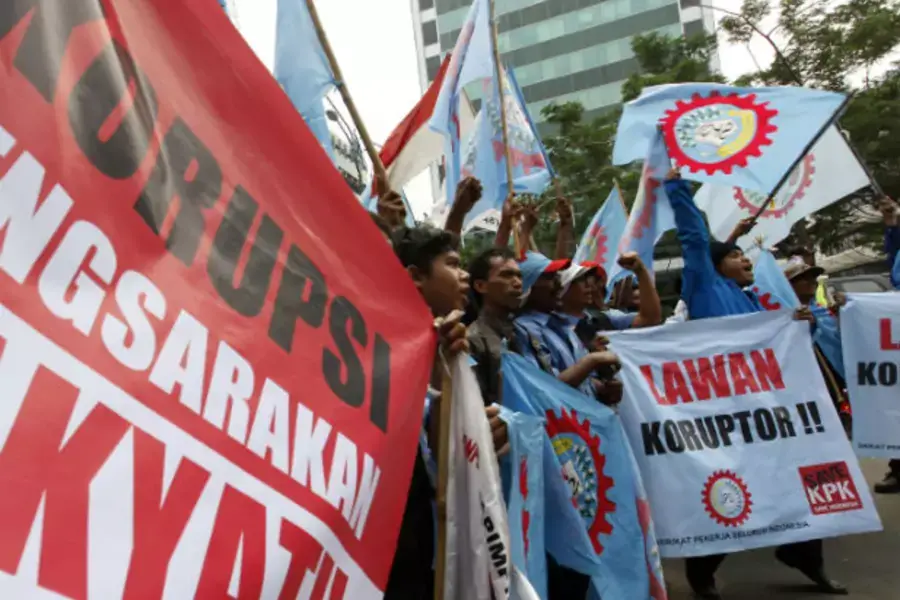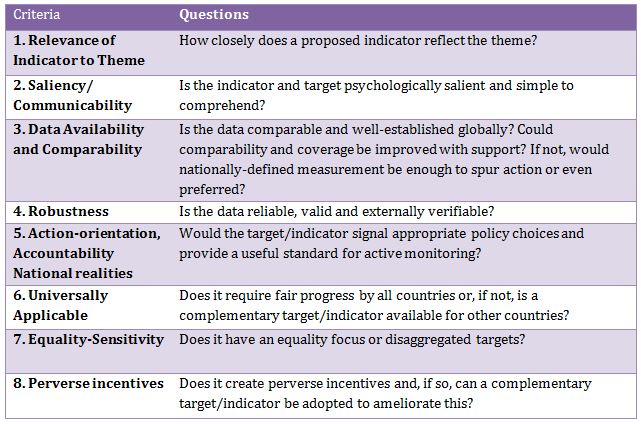Post-2015 Development Issues: Measuring Rights Fulfillment

More on:
In the last round of the Millennium Development Goals (MDGs), governance and human rights issues were largely excluded, despite their critical importance to sustainable and equitable development, on the grounds that measurements for governance and human rights were too abstract and difficult to apply across borders. Yet significant scholarship over the past fifteen years makes clear that it is indeed now feasible to include well-designed targets and indicators for these issues in the emerging post-2015 global development agenda.
When considering possibilities for targets/indicators, there are two options: cross-nationally comparable indicators, or regional/country-owned indicators, each of which is useful for different purposes. Cross-nationally comparable targets are easy to communicate and offer widely available standardized measurements that can be used to track global or national progress towards development goals. Regional or country-owned indicators are equally important, as locally-specific indicators can encourage country ownership, and often better reflect regional and national priorities to ensure that the real policy needs of countries are met.
Of course, quantifying and evaluating progress on these complex issues is not simple, and it is important to choose appropriate measurements, as incorrect targets and indicators can do more harm than good: creating perverse incentives, unreasonable expectations, unfairly penalizing low-development countries (particularly in Africa), and harming broader development objectives. There are some important criteria for selecting targets and indicators that should be applied to ensure post-2015 measurements avoid these pitfalls.
Criteria for Measurement: Selecting Targets and Indicators (Langford 2012)

The next few posts in this series will explore four proposed governance and human rights goals (including combating discrimination and inequality; open and accountable government for all; rule of law and access to justice for all; and guaranteed civil rights, political rights, and personal security) and specific options for targets and indicators in measuring progress towards achieving those goals.
More on:
 Online Store
Online Store
